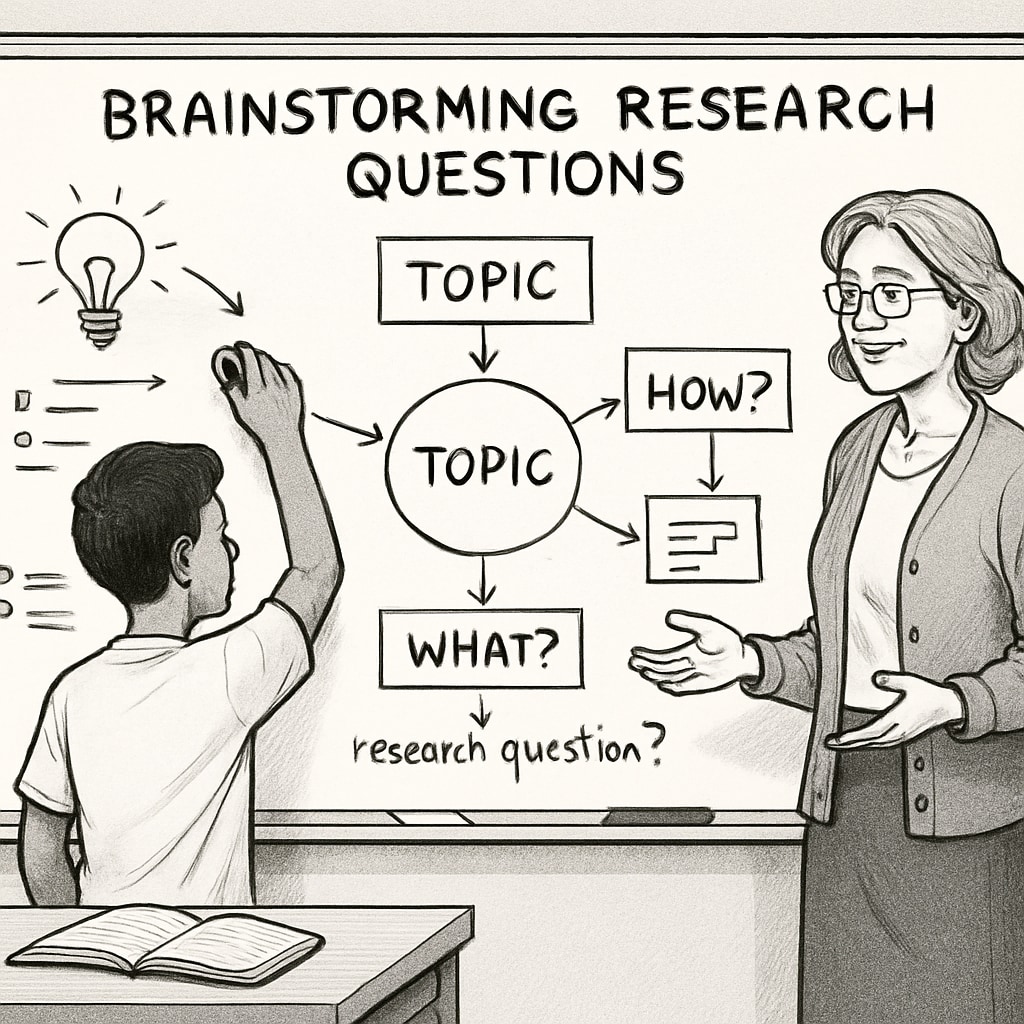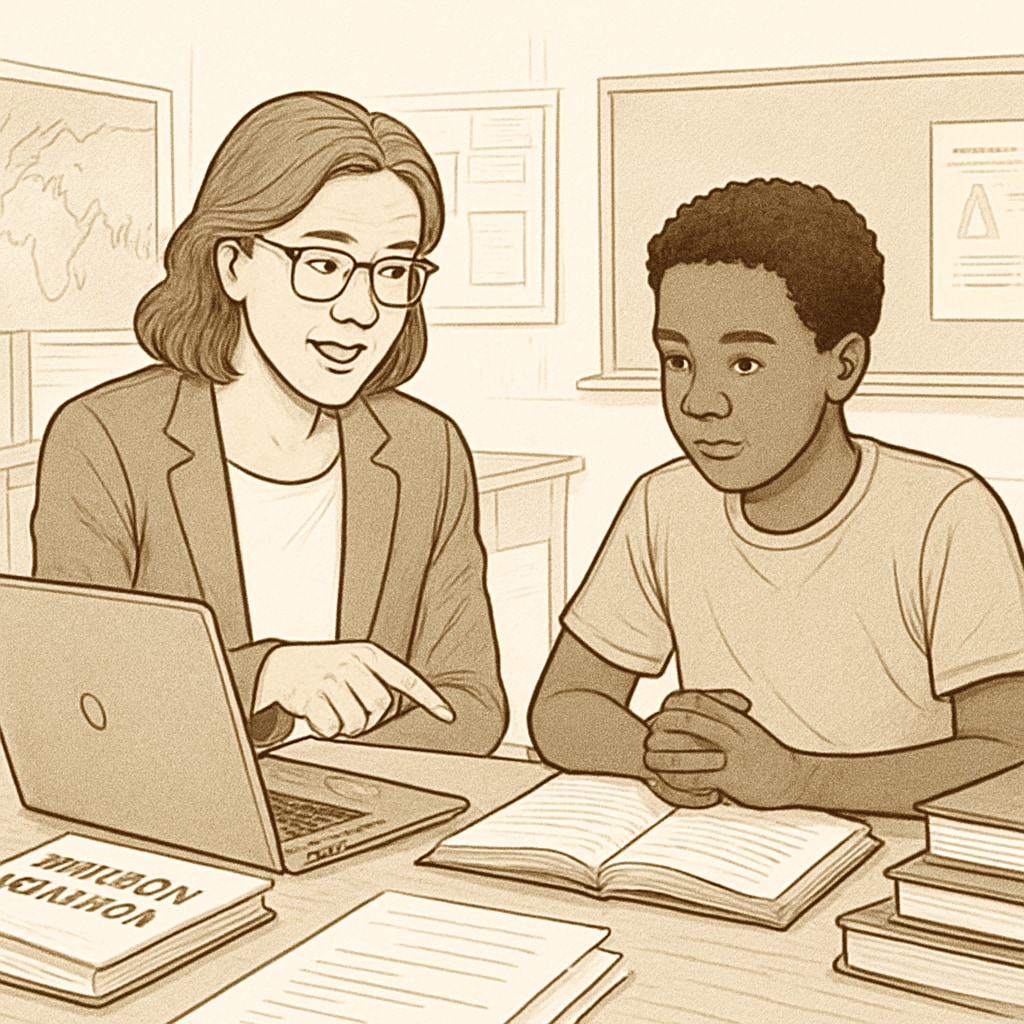The ability to craft effective research questions is a foundational skill for K12 students, fostering critical thinking, independent learning, and intellectual curiosity. However, many students struggle with this process without proper guidance. In this article, we explore strategies for helping students develop strong research questions, emphasizing structure, practice, and educator support.
Why Teaching Research Question Development Matters
Research questions serve as the backbone of any inquiry-based project. A well-constructed question not only narrows the scope of a student’s investigation but also provides clarity and focus. Educators who focus on teaching this skill empower students to develop higher-order thinking abilities, such as analysis and synthesis. Moreover, the ability to ask meaningful questions translates into lifelong learning competencies.
For example, consider a student tasked with exploring climate change. Without a clear research question, they might feel overwhelmed by the vast amount of information available. However, a focused question like “How does deforestation contribute to rising global temperatures?” provides a clear direction for their research.

Strategies for Guiding K12 Students
Helping students formulate effective research questions requires a mix of structured frameworks and hands-on practice. Below are strategies educators can use:
- Start with Broad Topics: Encourage students to begin with general areas of interest, such as “environment,” “technology,” or “history.”
- Introduce Question Stems: Provide question stems like “How does…?”, “What is the impact of…?”, or “Why does…?” to help students frame their thoughts.
- Use the Question Formulation Technique (QFT): This method encourages students to brainstorm multiple questions, prioritize them, and refine their choices. The Right Question Institute offers excellent resources on QFT.
- Encourage Iteration: Remind students that their first question may not be perfect. Encourage them to refine and rework their ideas based on feedback.
- Provide Examples: Show students examples of strong and weak research questions, discussing the characteristics that make a question effective.
These strategies not only simplify the process but also make it more engaging for students, gradually building their confidence in question formulation.
Common Challenges and How to Overcome Them
While the benefits of teaching research question development are clear, the process is not without its challenges. Here are some common obstacles and solutions:
1. Students Struggle with Narrowing Down Topics: Many students find it difficult to focus on a specific aspect of a broad subject. To address this, educators can use graphic organizers like concept maps or Venn diagrams to help students visualize connections and identify subtopics.
2. Lack of Motivation: Students may not see the relevance of crafting research questions. Linking their questions to real-world issues or their personal interests can spark engagement. For instance, a student interested in video games could explore, “What is the impact of video games on cognitive development?”
3. Fear of Making Mistakes: Some students hesitate to propose questions, fearing they might be “wrong.” To build confidence, create a classroom culture that celebrates curiosity and emphasizes that there are no “bad” questions during the brainstorming phase.

Measuring Success in Research Question Development
It’s important to assess whether students are mastering this skill. Effective research questions typically have the following qualities:
- Clarity: The question is specific and easy to understand.
- Focus: It addresses a specific aspect of the topic rather than being too broad.
- Feasibility: It can be answered within the constraints of time, resources, and the student’s skill level.
- Significance: It is relevant and meaningful, either academically or personally.
Educators can use rubrics to evaluate these qualities, providing constructive feedback to guide students in their next attempts.
Final Thoughts
Teaching K12 students how to develop effective research questions is an investment in their academic and personal growth. By using structured frameworks, addressing common challenges, and celebrating curiosity, educators can help students unlock their potential as independent learners and critical thinkers. As a result, students will not only excel in their studies but also carry these skills into their future endeavors.
Additional Resources: For more tips on teaching research skills, explore resources from Edutopia and Britannica.


